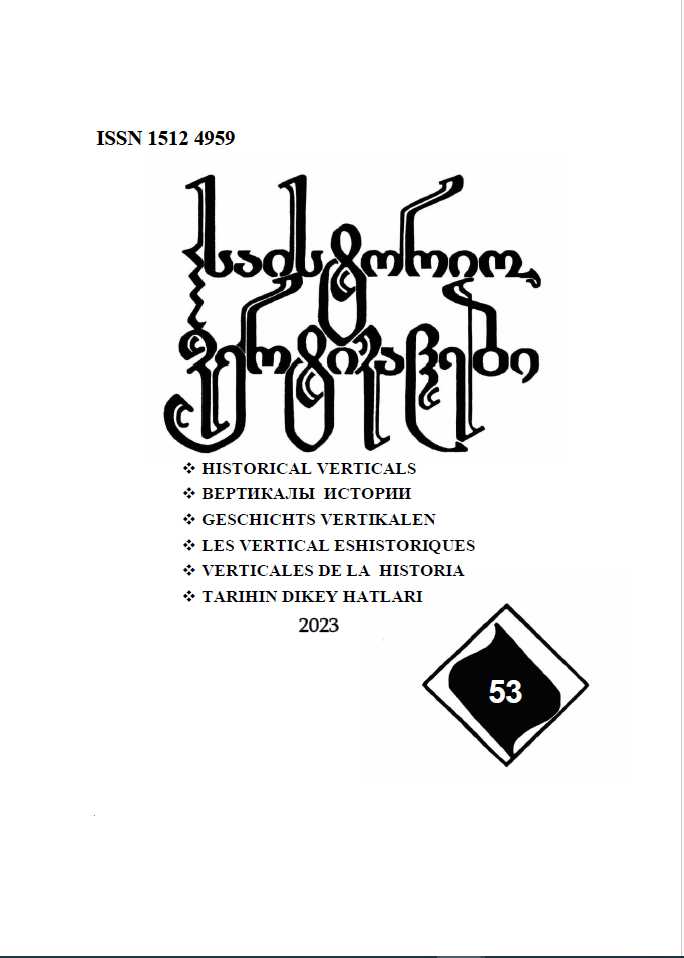REGULATION OF MIGRATION FLOWS MECHANISMS AND POLICY OF ADAPTATION OF MIGRANTS IN EU COUNTRIES
Main Article Content
Abstract
The refugee crisis has raised many new problems within the European Union, which has led to serious political upheavals. The European Union has not given up on the principles that inspire the organization, resulting in a migration crisis that has fueled unemployment and crime and created a host of political, cultural and socio-economic problems. The difficult socio-economic situation of specific segments of society, low levels of formal education, and demographic factors combined in dissatisfaction with mainstream politics and translated into support for an alternative populist narrative. At the same time, the danger of blurring the religious identity of the host countries, which is openly declared by those Central European governments that are against the relocation of asylum seekers, has become relevant.
It should be noted that even taking into account the reduction of migrants and refugees, the influx of migration already has serious political and social consequences. Even those who have received refugee status have become an "economic burden" on host countries because they lack the appropriate education, skills, or willingness to join the workforce. High standards of living, opportunities to find asylum and work, soft migration policies and socio-economic support of host countries remain attractive to migrants. These factors, on the one hand, will contribute to the activation of migration flows, and on the other hand, undermine pan-European unity and increase the distance between the government and society.
